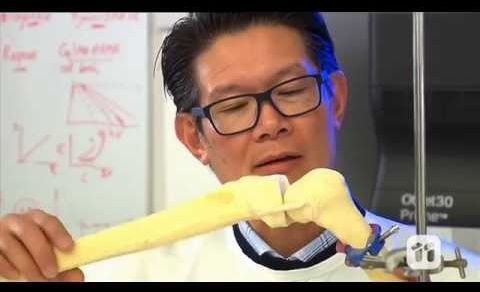Highly specialized cartilage is characteristically avascular and non-neural in composition with low cell numbers in an aliphatic environment. Despite its apparent simplicity, bioengineering regenerative hyaline cartilage in a form effective for implantation remains challenging in musculoskeletal tissue engineering. Existing surgical techniques including autologous chondrocyte implantation (ACI) and matrix-induced autologous chondrocyte implantation (MACI) are considered superior to self-repair induction techniques. However, both MACI and ACI are complex, multistage procedures that require a double operation; first for surgical excision of native cartilage, followed by expansion of adult chondrocytes in vitro prior to implantation by a second operation.
Regenerating robust articular hyaline-like cartilage is a key priority in musculoskeletal tissue engineering to prevent cost-intensive degenerative osteoarthritis that limits the quality of life in global healthcare. Integrating mesenchymal stem cells and 3D printing technologies has shown significant promise in bone tissue engineering– although the key challenge remains in transferring the bench-based technology to the operating room for real-time applications. To tackle this, a team of Australian orthopedic surgeons and bioengineers collaboratively proposed an in situ additive manufacturing technique for effective cartilage regeneration. The handheld engineered extrusion device known as the BioPen offers an advanced, co-axial extrusion strategy to deposit cells embedded in a hydrogel material within a surgical setting.
